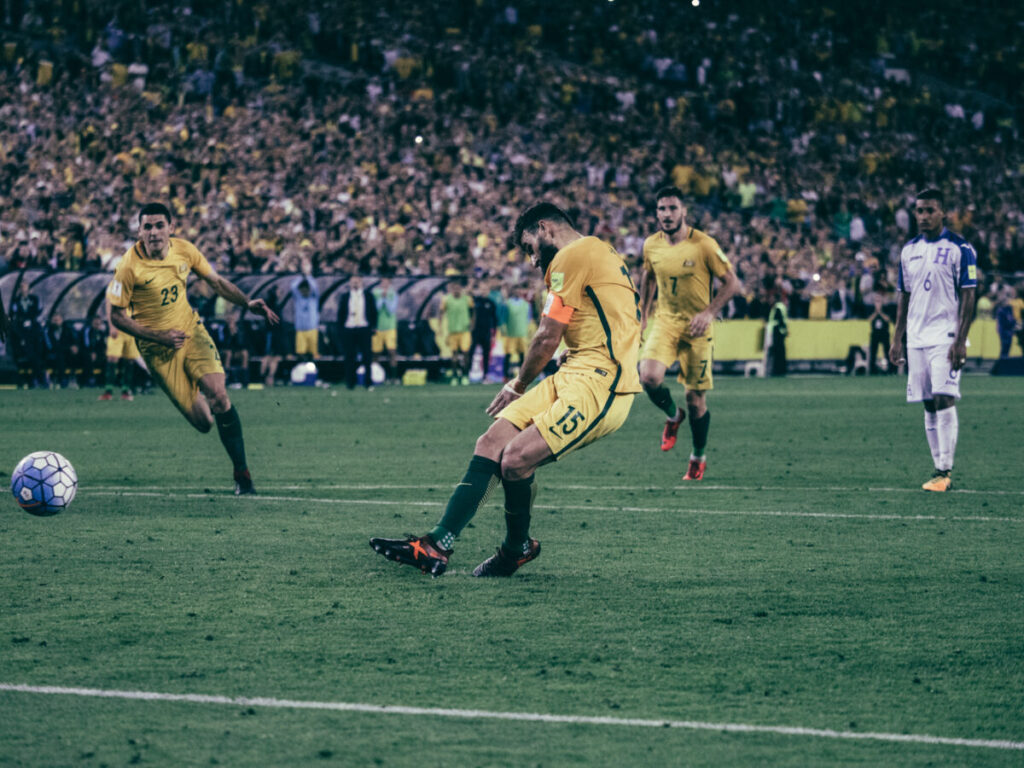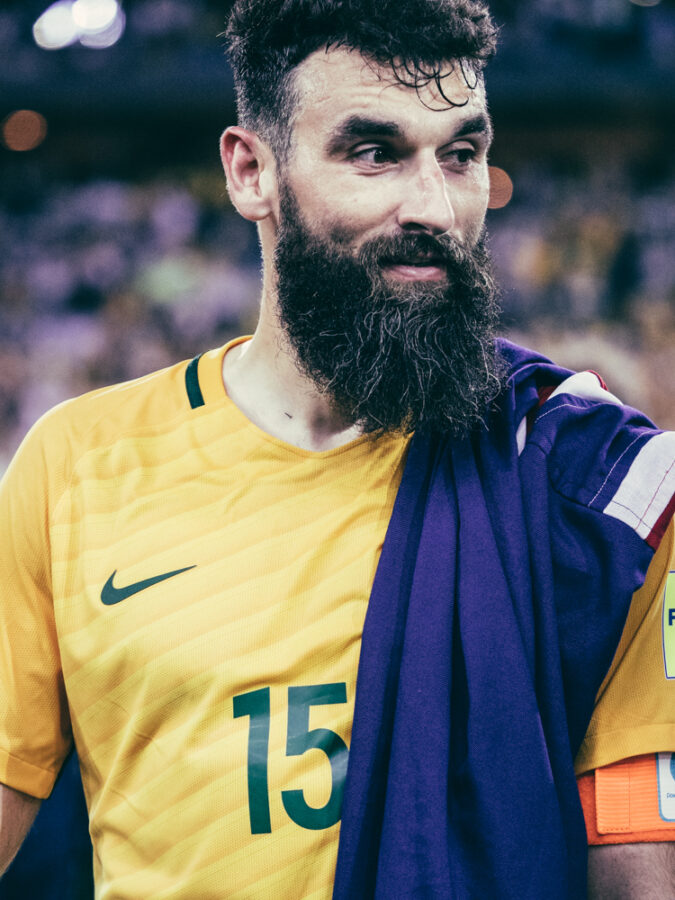Australia Day, 2001.
Australian football reaches the sort of nadir that only it can endure, as Canberra Cosmos collect a rare three points.
The Cosmos would fail to see the starting line for the next National Soccer League season and its three points that Australia Day came by virtue of a walkover, after the Ponzi scheme that replaced the Carlton Soccer Club collapsed.
Elsewhere, Craig Foster and Robbie Slater couldn’t help the decaying carcass that was Northern Spirit – who had the week before lost player/coach Graham Arnold – from slumping to a two-one home defeat to “traditional rival” Sydney United.
Trawling through records from that era is surreal and is a lesson paradox. Depths of calamity balanced by blind optimism. Charles Dickens would call it the best of times and the worst of times.
For all the carnage of clubs collapsing and fallen Messiahs returning from European odysseys, the team sheet from that afternoon at North Sydney Oval showed that in the 82nd minute, a 16-year-old by the name of Mile Jedinak would make his debut.
From the seed planted that afternoon in front of less than three thousand people would germinate the hat-trick hero that would take Australia to its fourth consecutive World Cup – and his second as captain.

Photo: LOCALFC
Mile’s career would mature in the glare of social media and online platforms, so his rise from part-time tradie to legend is well-known. The four-hour round trip to Gosford. The short term deals. The emergence as a midfield warrior who would take the Mariners to an A-League Grand Final and Crystal Palace into the Premier League as the fans’ Player of the Year.
The nerveless captain who would step up and stroke penalties home with the glare of the world on him and the searing stare of the world’s greatest goalkeepers seeking to pierce him.

Photo: LOCALFC
Much like football though, as we focus on the superficial soap opera we miss the underlying humanity.
We fail to appreciate the loneliness of a young boy who left home to search for a football dream a world away. We fail to understand the humility it takes to return home again and ask for a second chance.
We never feel the anxiety endured by a player given a chance to pull on the green and gold and then fear they may never again experience the euphoria after a scoreless draw on a glue pot in Singapore.
We are blind to the countless hours spent supporting fallen former team-mates and oblivious to the time spent supporting their loved ones.
We don’t acknowledge the countless hours spent volunteering for the PFA so that his peers can share in his success. Or that the young men and women who follow in his footsteps can have bigger and better opportunities.
I have been privileged to work with Mile and to see what real leadership looks like. I have seen his selflessness and humility time and time again. I have seen that being a servant to the sport, not a title, is what inspires others to follow you and is what makes you a leader.
The nation is fortunate to have had a person and player like Mile act as a bridge from our glorious past into our present. Like Tim Cahill before him, he deserves to take his place among the greatest Socceroos of our time.







